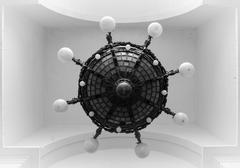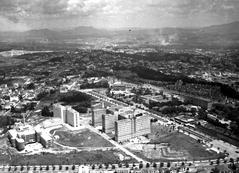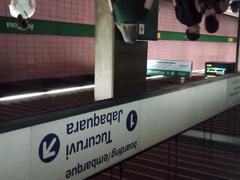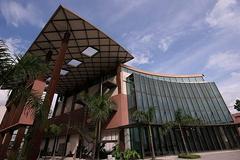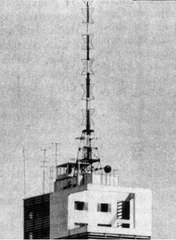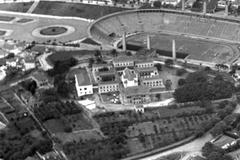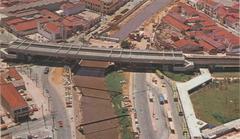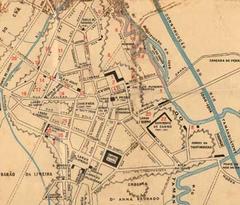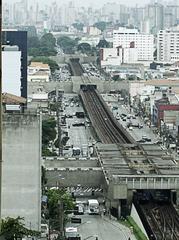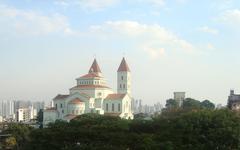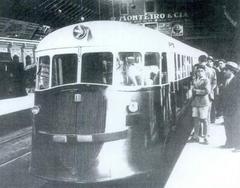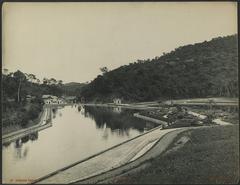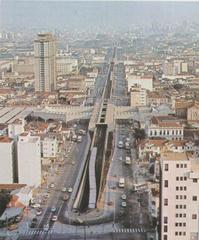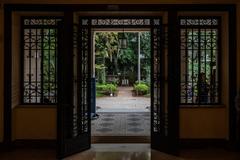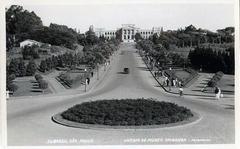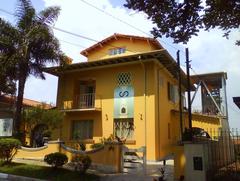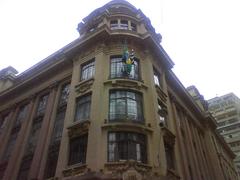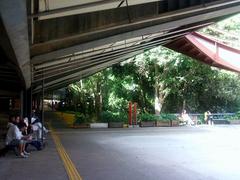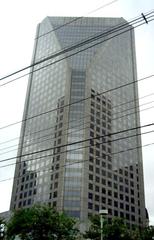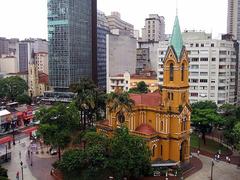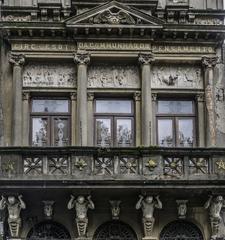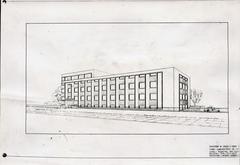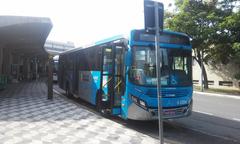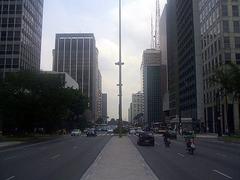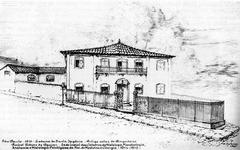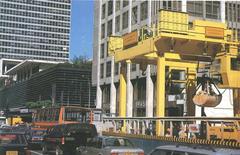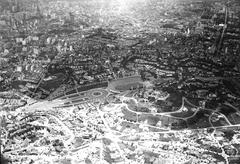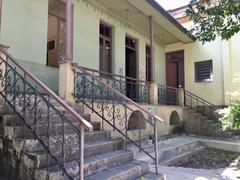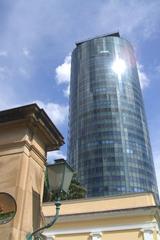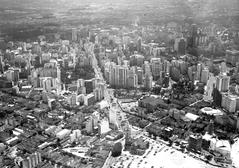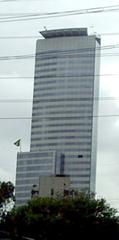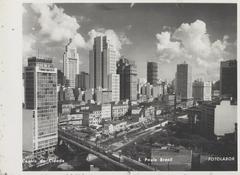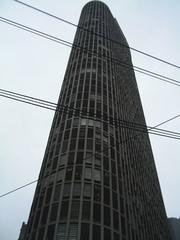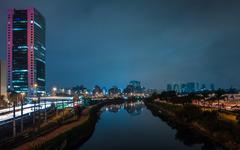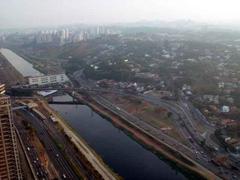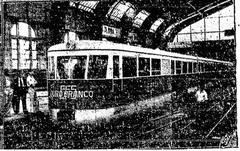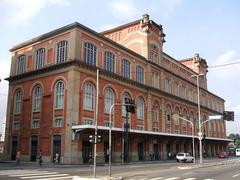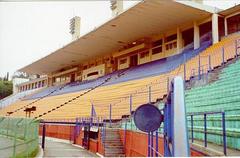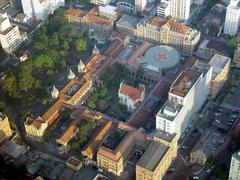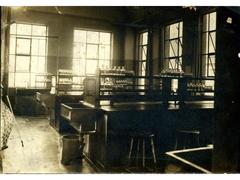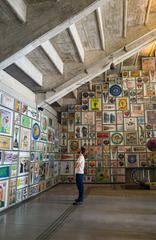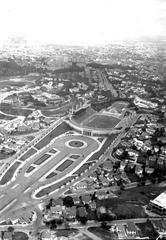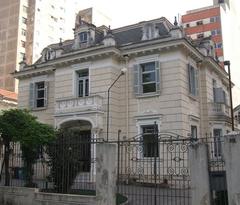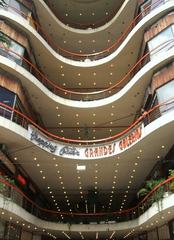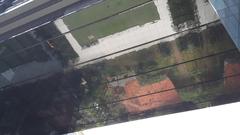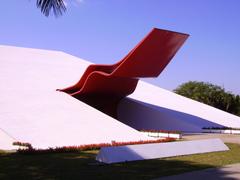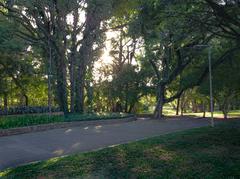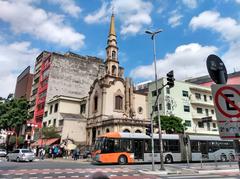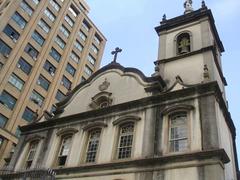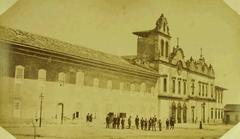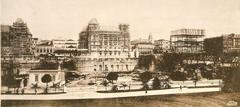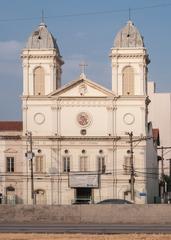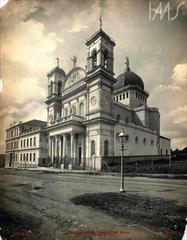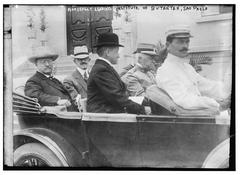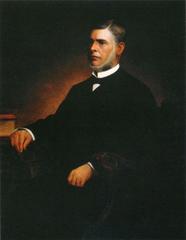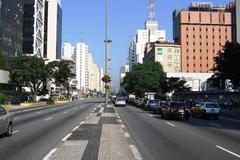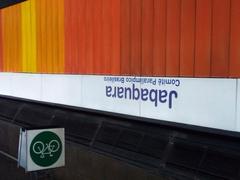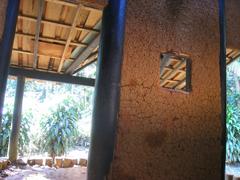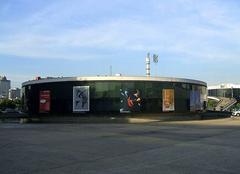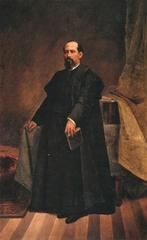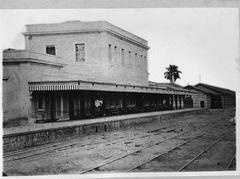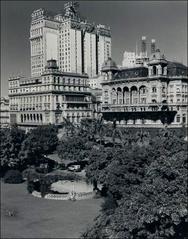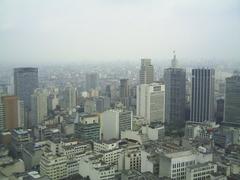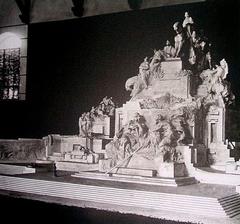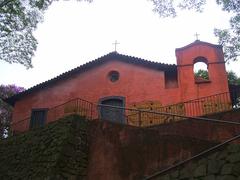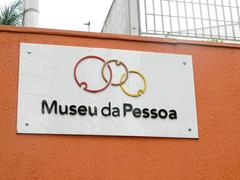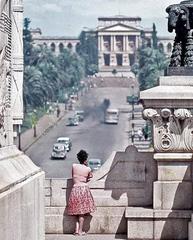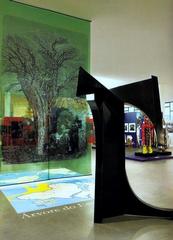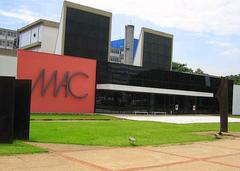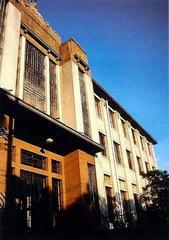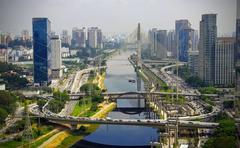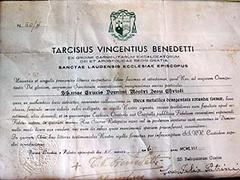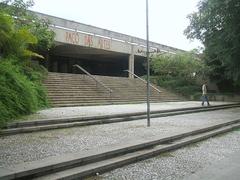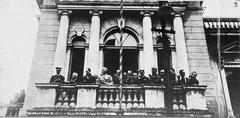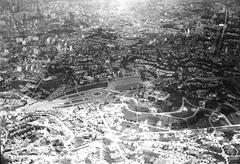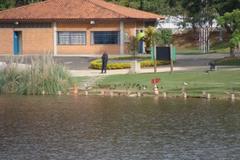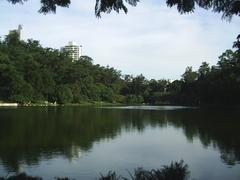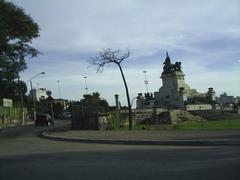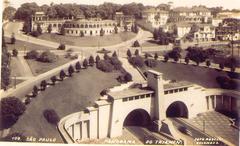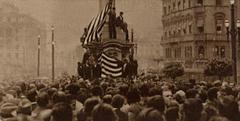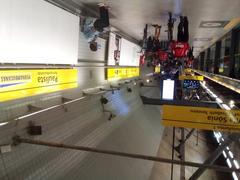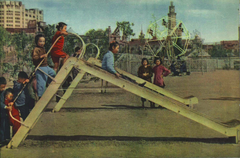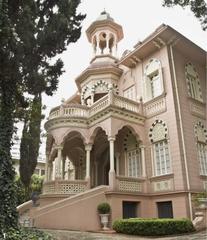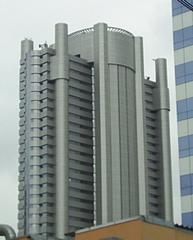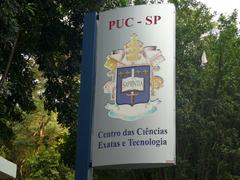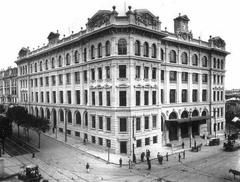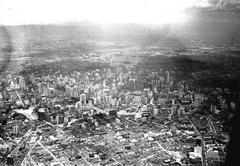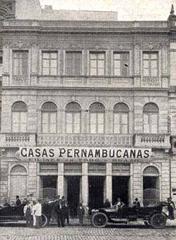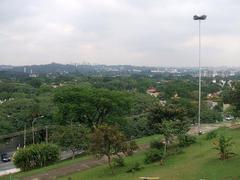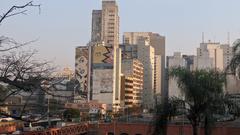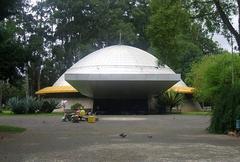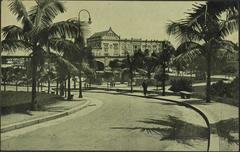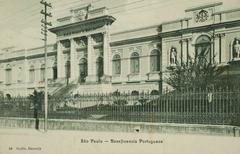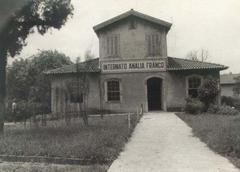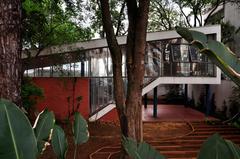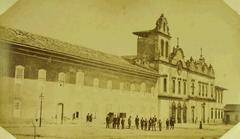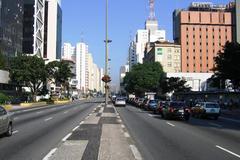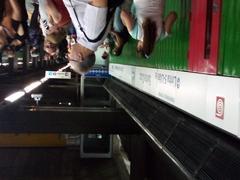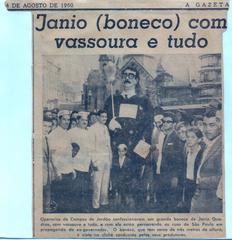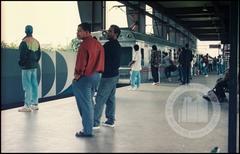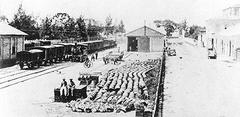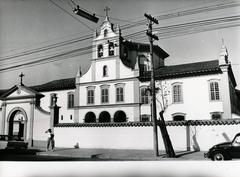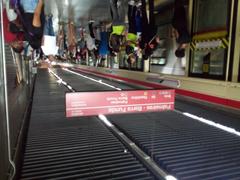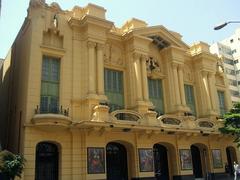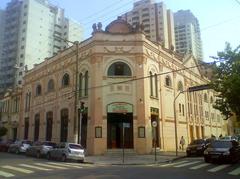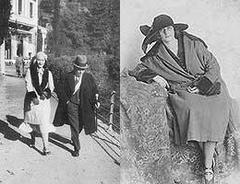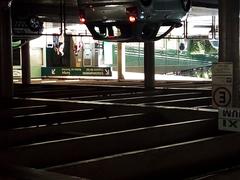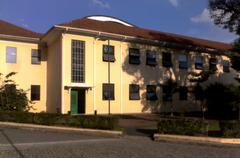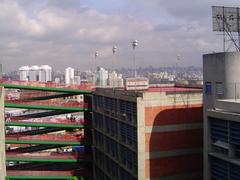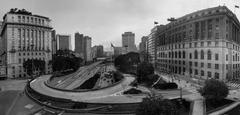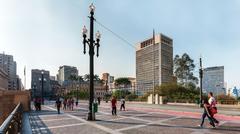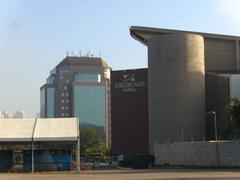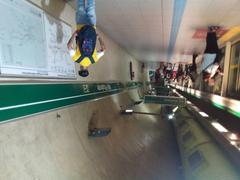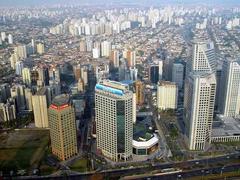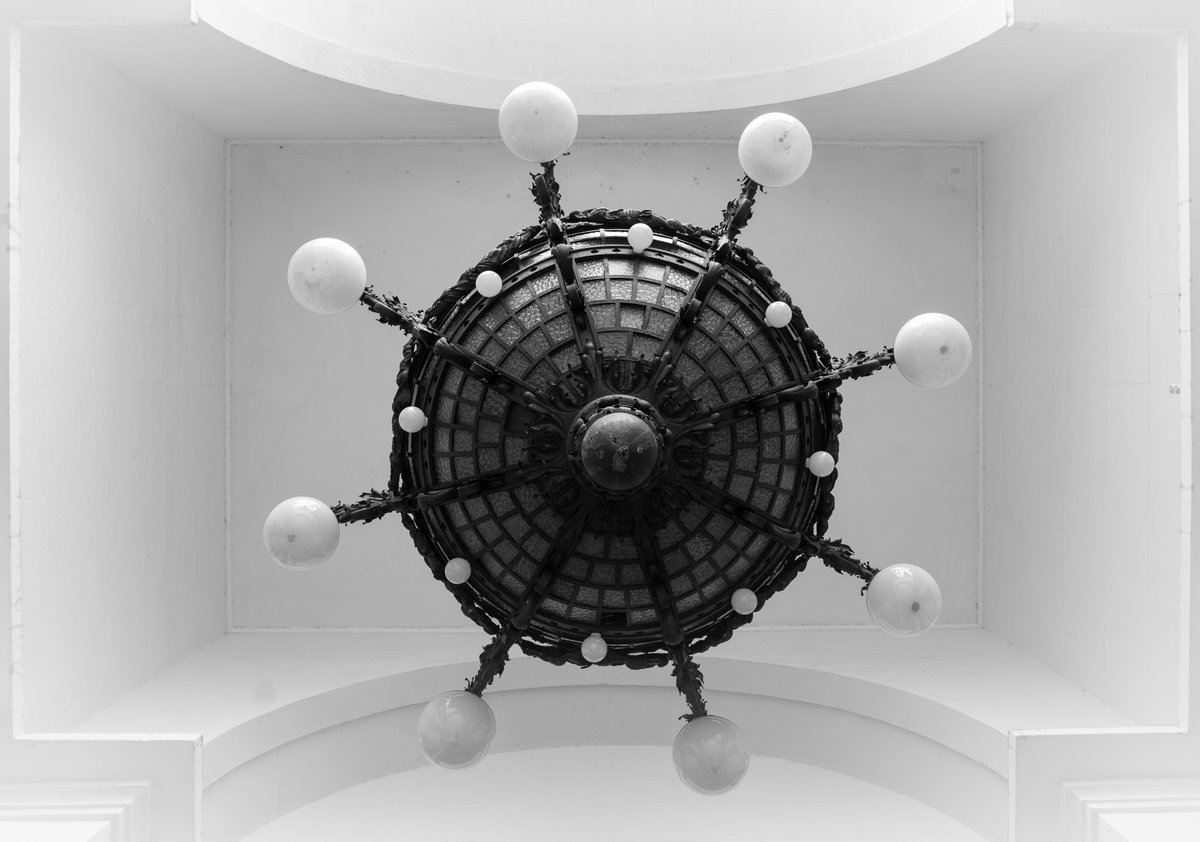
Comprehensive Guide to Visiting Pinacoteca de São Paulo, São Paulo, Brazil
Date: 17/07/2024
Introduction to Pinacoteca de São Paulo
Welcome to the comprehensive guide to visiting the Pinacoteca de São Paulo, a cornerstone of Brazilian culture and art. Established in 1905, the Pinacoteca de São Paulo is one of Brazil’s most significant art museums, renowned for its extensive collection of Brazilian art that spans from the 19th century to contemporary works (Pinacoteca de São Paulo). Housed in a historic building designed by the renowned architect Ramos de Azevedo, the museum’s structure itself is a blend of neoclassical and eclectic styles, making it an architectural marvel (ArchDaily). Over the years, the Pinacoteca has played a pivotal role in promoting Brazilian art and culture, offering a diverse range of exhibitions, educational programs, and community outreach initiatives. This guide aims to provide all the essential information you need for a memorable visit, from opening hours and ticket prices to travel tips and must-see exhibits. Whether you are an art enthusiast, a history buff, or a casual visitor, the Pinacoteca de São Paulo offers a rich cultural experience that should not be missed.
Table of Contents
- [History of Pinacoteca de São Paulo](#history-of-pinacoteca-de-são-paulohistory-of-pinacoteca-de-são-paulo)
- [Founding and Early Years](#founding-and-early-yearsfounding-and-early-years)
- [Architectural Significance](#architectural-significancearchitectural-significance)
- [Collection Development](#collection-developmentcollection-development)
- [Role in Brazilian Art and Culture](#role-in-brazilian-art-and-culturerole-in-brazilian-art-and-culture)
- [Major Renovations and Expansions](#major-renovations-and-expansionsmajor-renovations-and-expansions)
- [Notable Exhibitions and Events](#notable-exhibitions-and-eventsnotable-exhibitions-and-events)
- [Digital Transformation](#digital-transformationdigital-transformation)
- [Community Engagement and Social Impact](#community-engagement-and-social-impactcommunity-engagement-and-social-impact)
- [Visiting Hours and Ticket Information](#visiting-hours-and-ticket-informationvisiting-hours-and-ticket-information)
- [Accessibility and Travel Tips](#accessibility-and-travel-tipsaccessibility-and-travel-tips)
- [Nearby Attractions](#nearby-attractionsnearby-attractions)
- [FAQ](#faqfaq)
- [Visitor Information](#visitor-informationvisitor-information)
- [Special Events and Guided Tours](#special-events-and-guided-toursspecial-events-and-guided-tours)
- [Economic Contribution](#economic-contributioneconomic-contribution)
- [Preservation of Cultural Heritage](#preservation-of-cultural-heritagepreservation-of-cultural-heritage)
- [Innovation and Contemporary Relevance](#innovation-and-contemporary-relevanceinnovation-and-contemporary-relevance)
- [Final Tips](#final-tipsfinal-tips)
- [Conclusion and Call to Action](#conclusion-and-call-to-actionconclusion-and-call-to-action)
History of Pinacoteca de São Paulo
Founding and Early Years
The Pinacoteca de São Paulo, one of Brazil’s most important art museums, was founded in 1905. It is housed in a building designed by the renowned architect Ramos de Azevedo, originally intended to be the headquarters of the Liceu de Artes e Ofícios, a school dedicated to the arts and crafts. The museum’s establishment was part of a broader movement to promote cultural and artistic development in São Paulo, a city that was rapidly growing due to the coffee boom and industrialization.
Architectural Significance
The building itself is a masterpiece of late 19th-century architecture, featuring a blend of neoclassical and eclectic styles. The structure is characterized by its robust brickwork, large windows, and spacious galleries, which were designed to accommodate both natural and artificial light. Over the years, the building has undergone several renovations to preserve its historical integrity while adapting to modern museum standards. Notably, a significant renovation was carried out in the 1990s by architect Paulo Mendes da Rocha, who introduced contemporary elements while respecting the original design (ArchDaily).
Collection Development
Initially, the Pinacoteca’s collection was modest, comprising mainly works by Brazilian artists. However, over the decades, the museum has significantly expanded its holdings. Today, it boasts a collection of over 10,000 pieces, including paintings, sculptures, drawings, and prints. The collection spans from the 19th century to contemporary art, with a strong emphasis on Brazilian artists such as Almeida Júnior, Victor Meirelles, and Anita Malfatti. The museum also houses important works by international artists, making it a comprehensive repository of art history (Pinacoteca).
Role in Brazilian Art and Culture
The Pinacoteca has played a crucial role in the development and promotion of Brazilian art. It has been instrumental in organizing exhibitions that highlight the works of both established and emerging artists. The museum has also been a pioneer in art education, offering workshops, lectures, and educational programs aimed at fostering a deeper appreciation of art among the public. Its efforts have significantly contributed to the cultural landscape of São Paulo and Brazil as a whole.
Major Renovations and Expansions
The 1990s renovation by Paulo Mendes da Rocha was a turning point in the museum’s history. This project not only restored the building’s original features but also introduced new spaces, such as a sculpture garden and a contemporary art wing. These additions have allowed the museum to host a wider range of exhibitions and events, further cementing its status as a leading cultural institution. The renovation was recognized with several awards, including the Mies van der Rohe Award for Latin American Architecture (ArchDaily).
Notable Exhibitions and Events
Over the years, the Pinacoteca has hosted numerous landmark exhibitions that have drawn both national and international attention. Some of the most notable include retrospectives of Brazilian modernist artists, thematic exhibitions exploring the intersections of art and society, and collaborations with other major museums around the world. These exhibitions have not only showcased the richness of Brazilian art but have also facilitated cultural exchange and dialogue.
Digital Transformation
In recent years, the Pinacoteca has embraced digital technology to enhance its offerings and reach a broader audience. The museum has developed a comprehensive online platform that includes virtual tours, digital archives, and interactive educational resources. This digital transformation has been particularly significant in the context of the COVID-19 pandemic, allowing the museum to continue its mission of promoting art and culture despite physical restrictions (Pinacoteca).
Community Engagement and Social Impact
The Pinacoteca is deeply committed to community engagement and social impact. The museum runs several outreach programs aimed at making art accessible to underserved communities. These initiatives include free admission days, partnerships with local schools, and special programs for people with disabilities. The museum’s efforts in this area have been widely recognized and have set a benchmark for other cultural institutions in Brazil.
Visiting Hours and Ticket Information
The Pinacoteca de São Paulo is open from Tuesday to Sunday, with visiting hours from 10:00 AM to 6:00 PM. The ticket prices are as follows:
- General Admission: R$ 20.00
- Students and Seniors: R$ 10.00
- Free Admission: Every Saturday
Tickets can be purchased online through the museum’s official website or at the entrance.
Accessibility and Travel Tips
The museum is wheelchair accessible, with ramps and elevators available for visitors with mobility issues. Public transport options include the Luz metro station, which is a short walk from the museum. Parking is also available nearby.
Nearby Attractions
While visiting the Pinacoteca, you can also explore nearby attractions such as the Museu da Língua Portuguesa, Estação da Luz, and Jardim da Luz. These sites offer additional cultural and historical insights, making your visit to São Paulo even more enriching.
FAQ
Q: What are the visiting hours for the Pinacoteca de São Paulo? A: The museum is open from Tuesday to Sunday, 10:00 AM to 6:00 PM.
Q: How much are the tickets? A: General admission is R$ 20.00, and students and seniors pay R$ 10.00. Admission is free on Saturdays.
Q: Is the museum accessible for people with disabilities? A: Yes, the museum is wheelchair accessible with ramps and elevators.
Q: What are some nearby attractions? A: Nearby attractions include the Museu da Língua Portuguesa, Estação da Luz, and Jardim da Luz.
Visitor Information
Special Events and Guided Tours
The Pinacoteca hosts special exhibitions and events throughout the year. Guided tours are available in multiple languages and can be booked in advance. Don’t miss the photography spots such as the central courtyard and the rooftop terrace for stunning views of the city.
Economic Contribution
The Pinacoteca de São Paulo significantly contributes to the local economy through tourism and cultural activities. As one of the city’s top tourist attractions, the museum draws thousands of visitors annually, generating revenue for the local hospitality and service industries (São Paulo Tourism). The museum’s events and exhibitions also create job opportunities and stimulate economic activity in the surrounding area. The Pinacoteca’s economic impact extends to the broader cultural sector, supporting artists, curators, and other cultural professionals.
Preservation of Cultural Heritage
The Pinacoteca de São Paulo is dedicated to the preservation and conservation of Brazil’s cultural heritage. The museum’s conservation department employs advanced techniques and technologies to ensure the longevity of its collection. This commitment to preservation is crucial for safeguarding Brazil’s artistic legacy for future generations (ICOM Brazil). The Pinacoteca’s efforts in conservation also contribute to the broader field of art conservation, setting standards and best practices that benefit other institutions.
Innovation and Contemporary Relevance
The Pinacoteca de São Paulo is at the forefront of innovation in the museum sector. The museum embraces contemporary trends and technologies to enhance the visitor experience. This includes interactive exhibits, digital installations, and virtual tours, which make art more accessible and engaging for a modern audience. The Pinacoteca’s commitment to innovation ensures its continued relevance in an ever-evolving cultural landscape (Museum Next).
Final Tips
- Plan Ahead: Check the museum’s website for any special events or temporary exhibitions that may interest you.
- Stay Hydrated: Bring a water bottle, especially if you plan to spend several hours exploring the museum.
- Comfortable Footwear: Wear comfortable shoes, as you will be doing a lot of walking.
- Respect the Art: Follow the museum’s rules and guidelines to ensure a pleasant experience for everyone.
Conclusion and Call to Action
In conclusion, the Pinacoteca de São Paulo stands as a beacon of Brazilian cultural and artistic heritage. Its extensive collection of over 10,000 pieces, ranging from 19th-century masterpieces to contemporary artworks, offers a comprehensive overview of Brazil’s artistic evolution (Pinacoteca de São Paulo). The museum’s commitment to education, community engagement, and social impact, coupled with its innovative use of digital technology, ensures that it remains a dynamic and forward-thinking institution. Significant renovations, such as those led by architect Paulo Mendes da Rocha in the 1990s, have modernized the museum while preserving its historical integrity (ArchDaily). The Pinacoteca’s role in fostering cultural exchange and dialogue, both nationally and internationally, underscores its importance as a leading cultural institution. As you plan your visit, take advantage of the museum’s various amenities, guided tours, and nearby attractions to make the most of your experience. The Pinacoteca de São Paulo not only enriches the cultural landscape of São Paulo but also significantly contributes to the local economy through tourism and cultural activities (São Paulo Tourism). Don’t miss the opportunity to explore this iconic museum and immerse yourself in the rich tapestry of Brazilian art and culture.
References
- Visiting Pinacoteca de São Paulo - History, Tickets, and Tips, 2023, Pinacoteca de São Paulo https://www.pinacoteca.org.br
- Pinacoteca de São Paulo - Visiting Hours, Tickets, and Historical Significance, 2023, Pinacoteca de São Paulo https://www.pinacoteca.org.br
- ArchDaily, 2023, ArchDaily https://www.archdaily.com
- São Paulo City Guide, 2023, São Paulo City Guide https://www.saopaulo.sp.gov.br
- The Art Newspaper, 2023, The Art Newspaper https://www.theartnewspaper.com
- São Paulo Tourism, 2023, São Paulo Tourism https://www.visitesaopaulo.com
- ICOM Brazil, 2023, ICOM Brazil https://www.icom.org.br
- Museum Next, 2023, Museum Next https://www.museumnext.com
